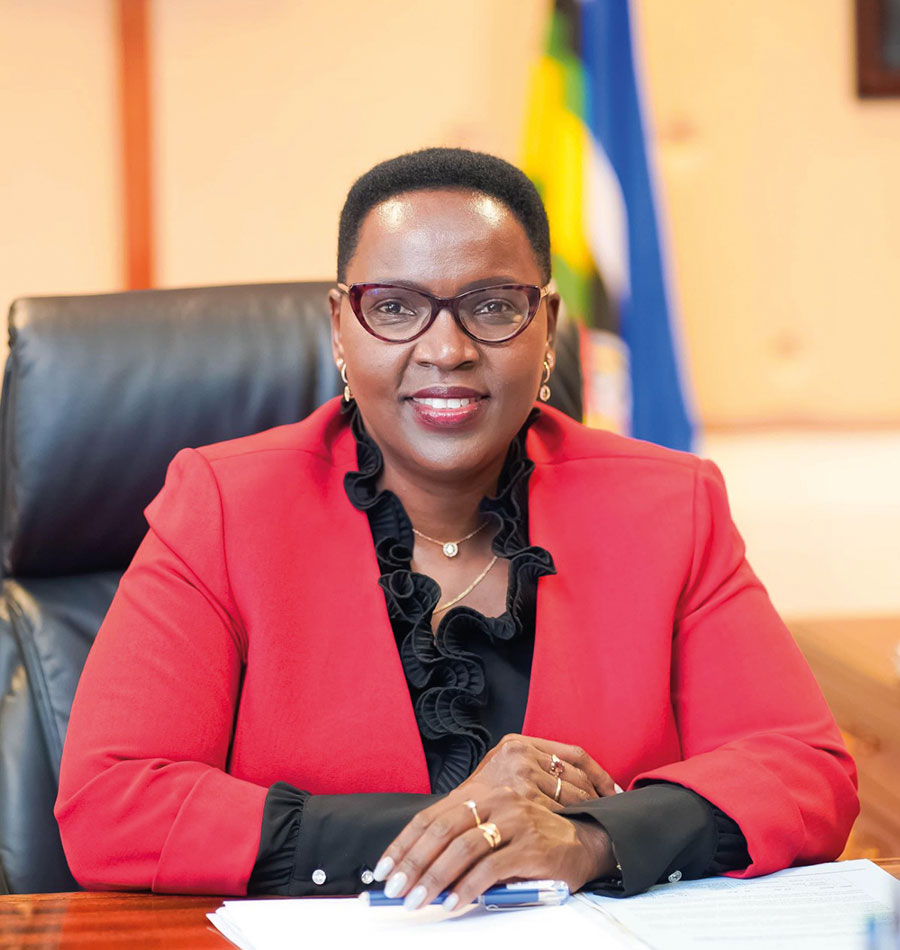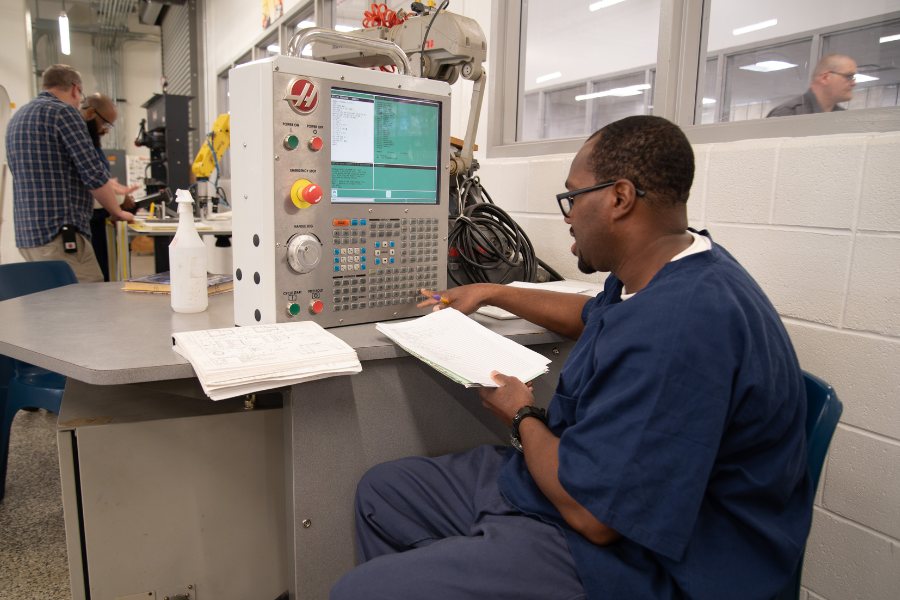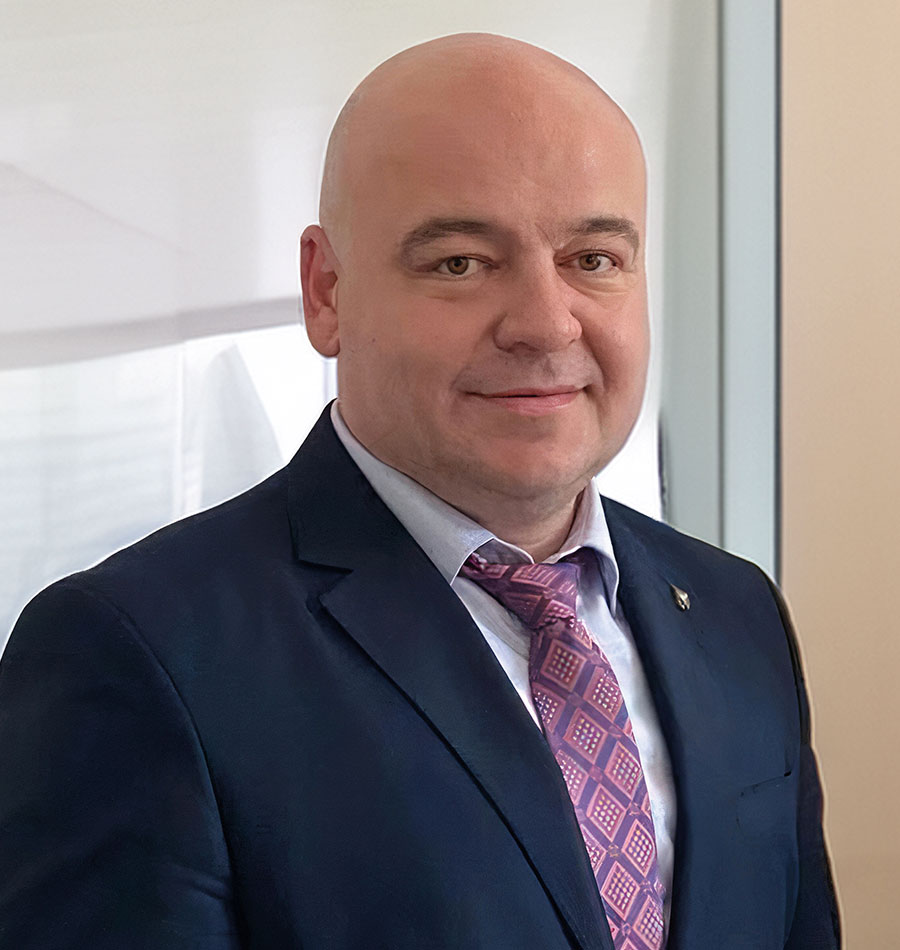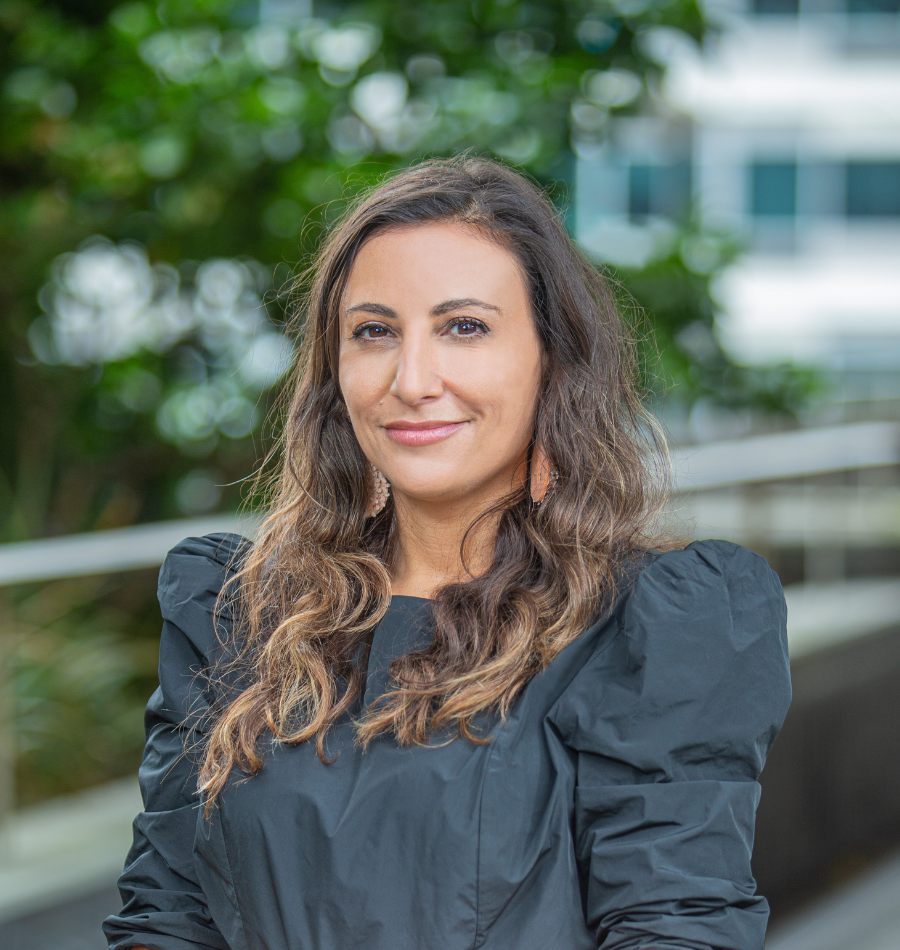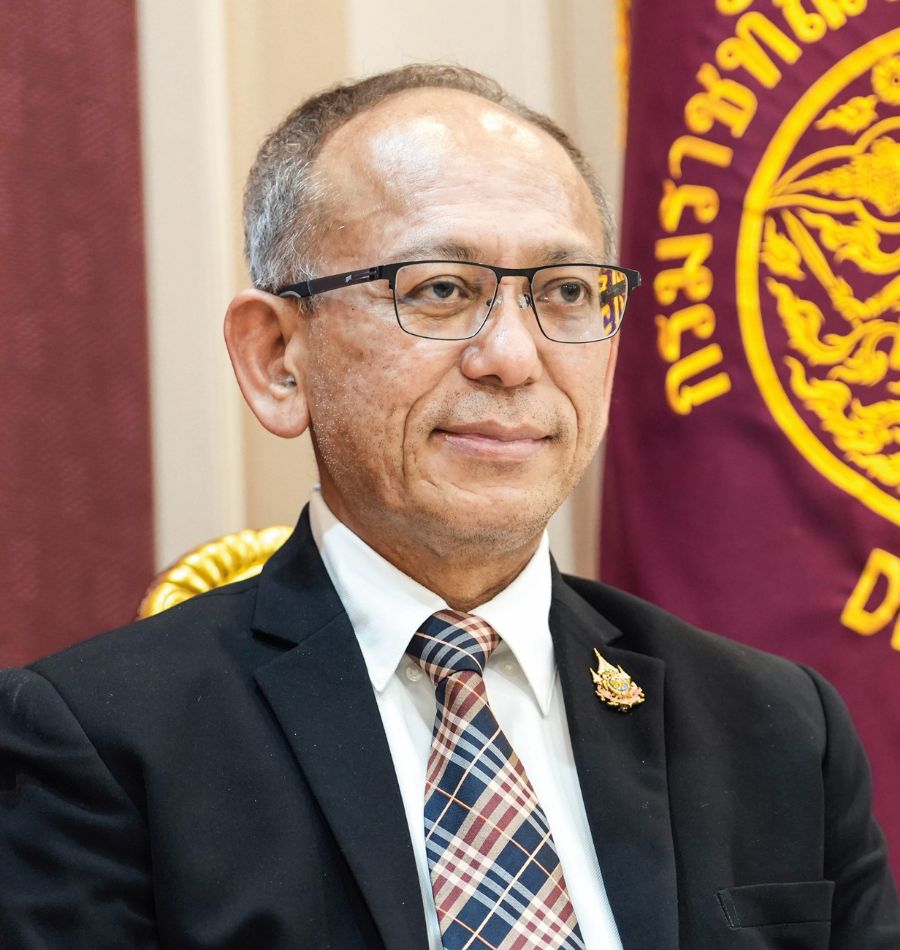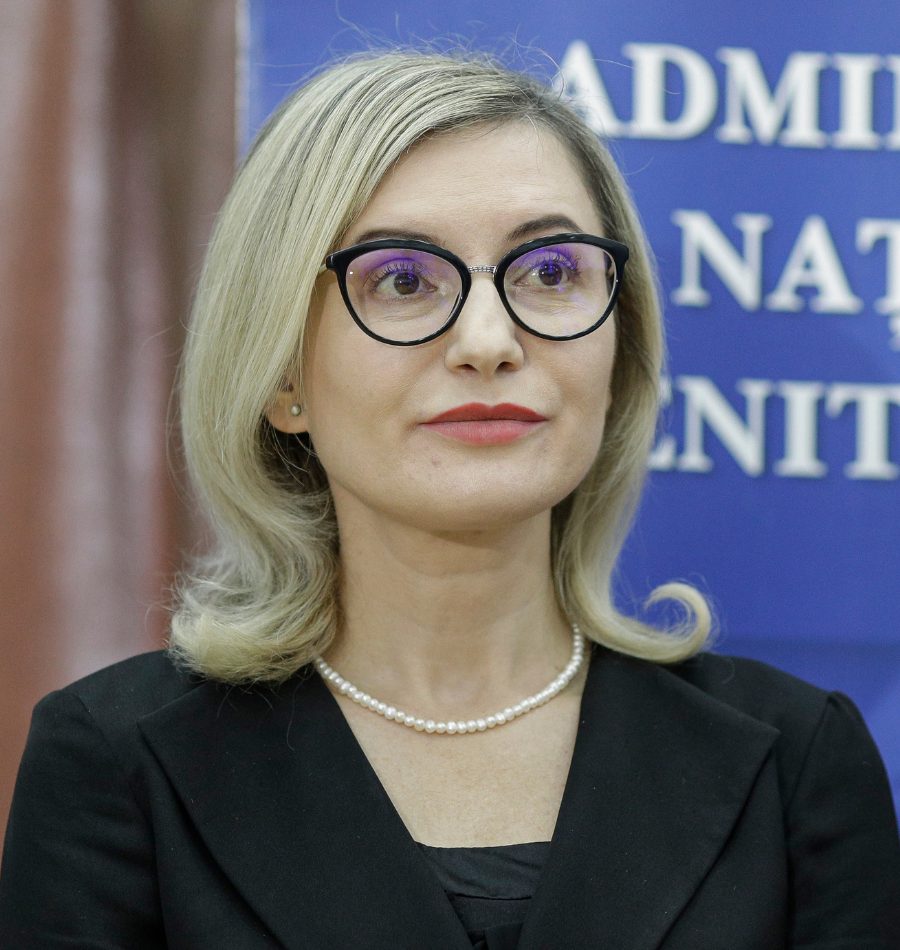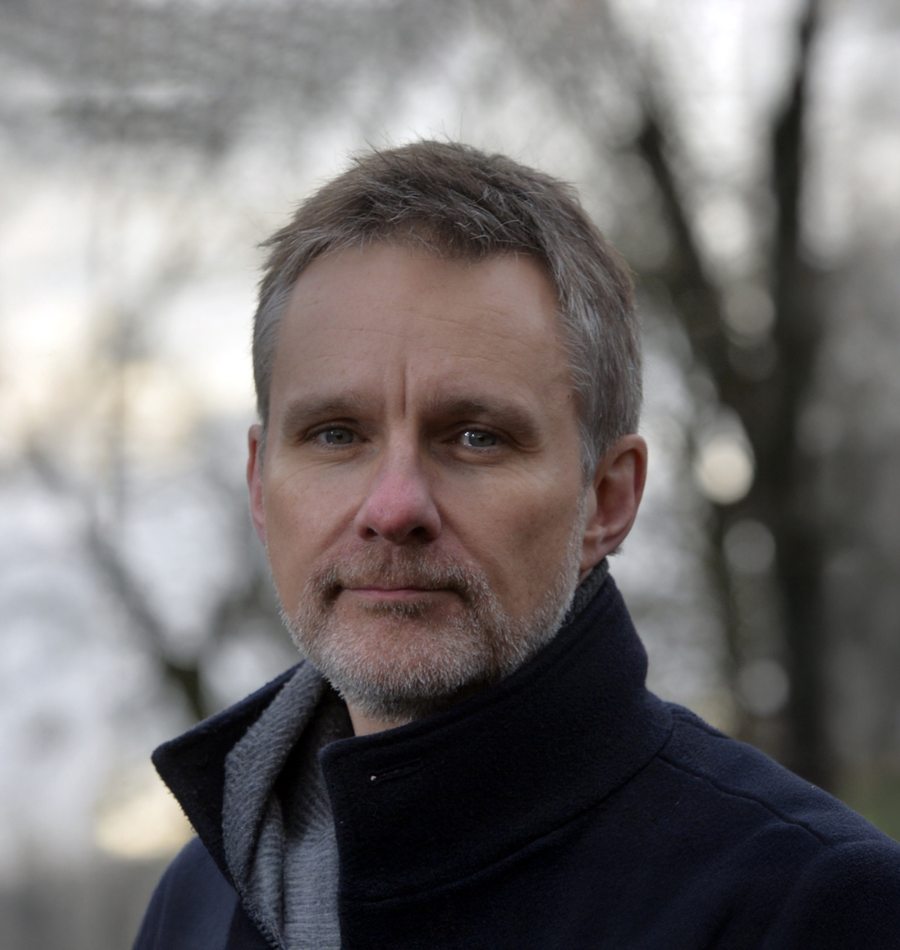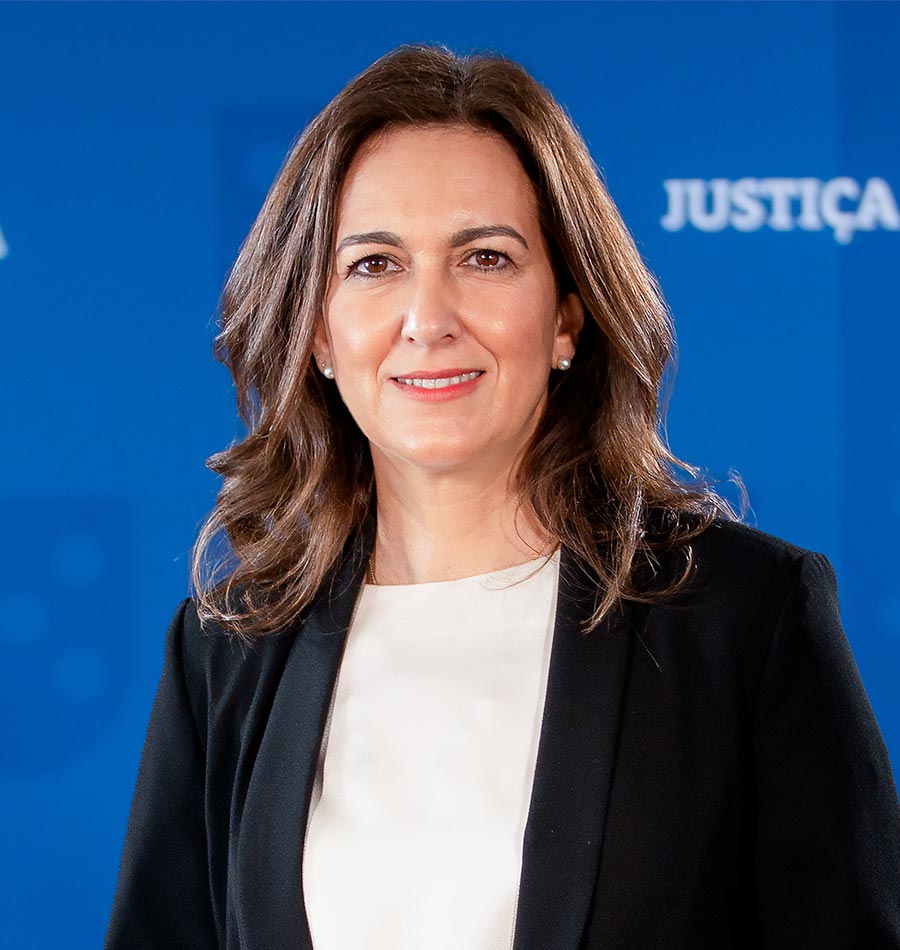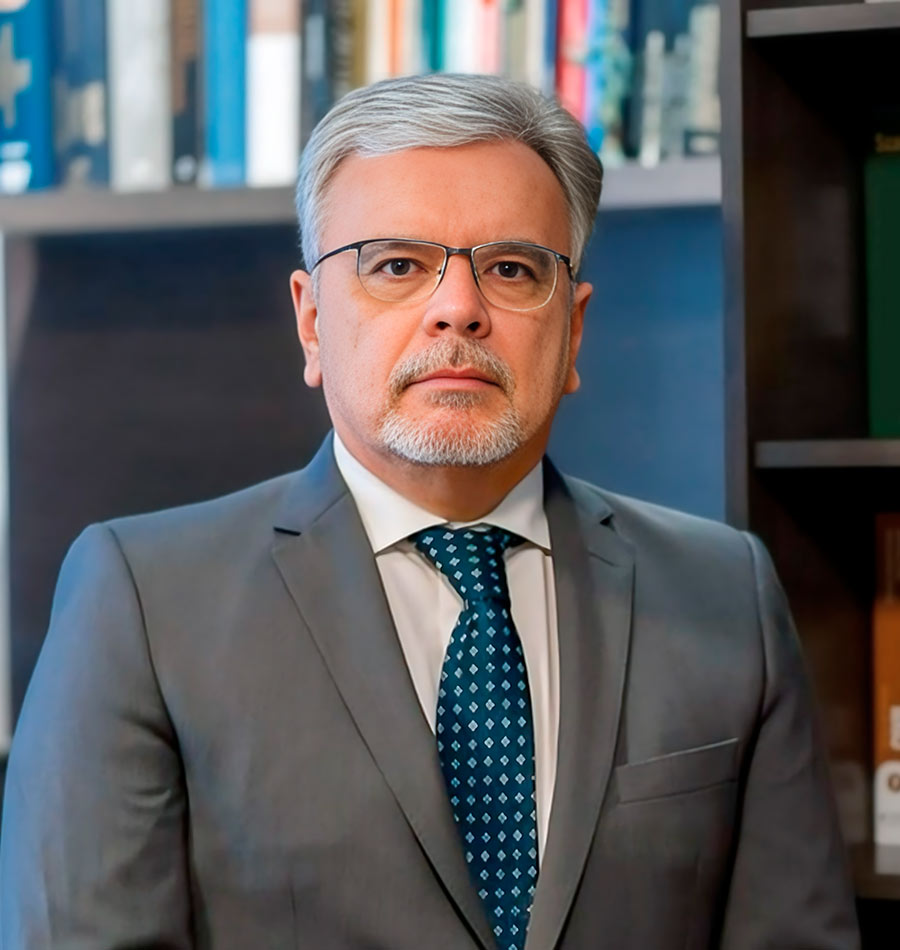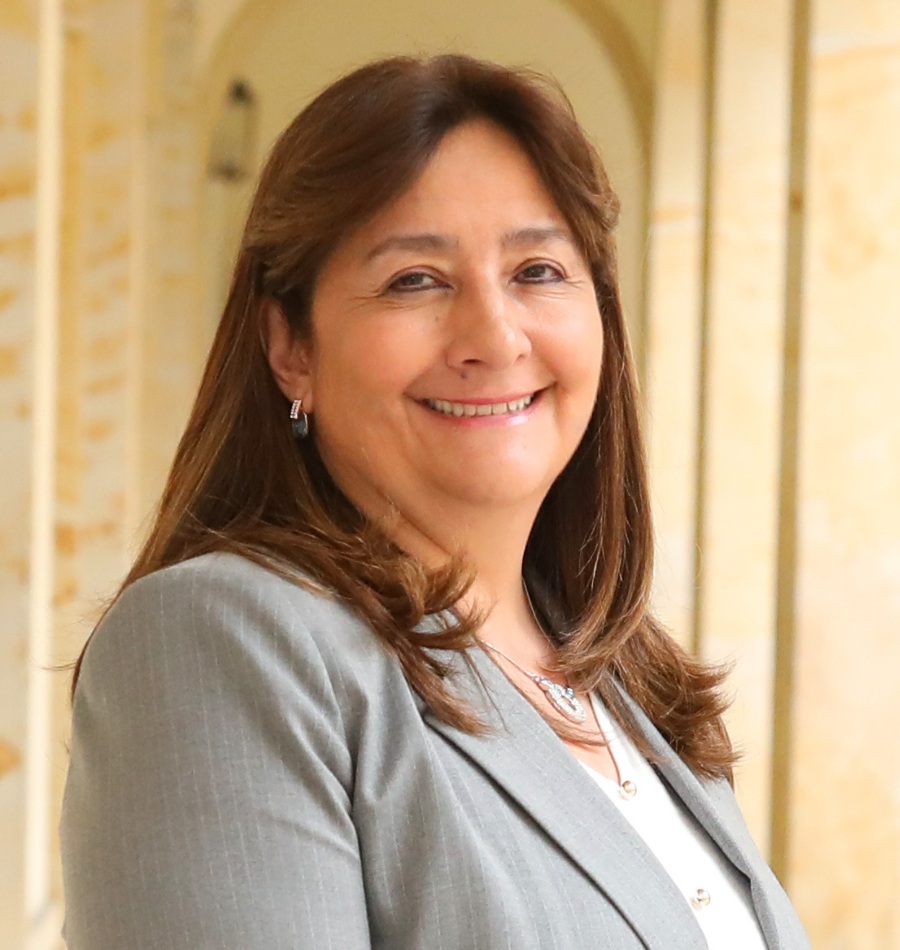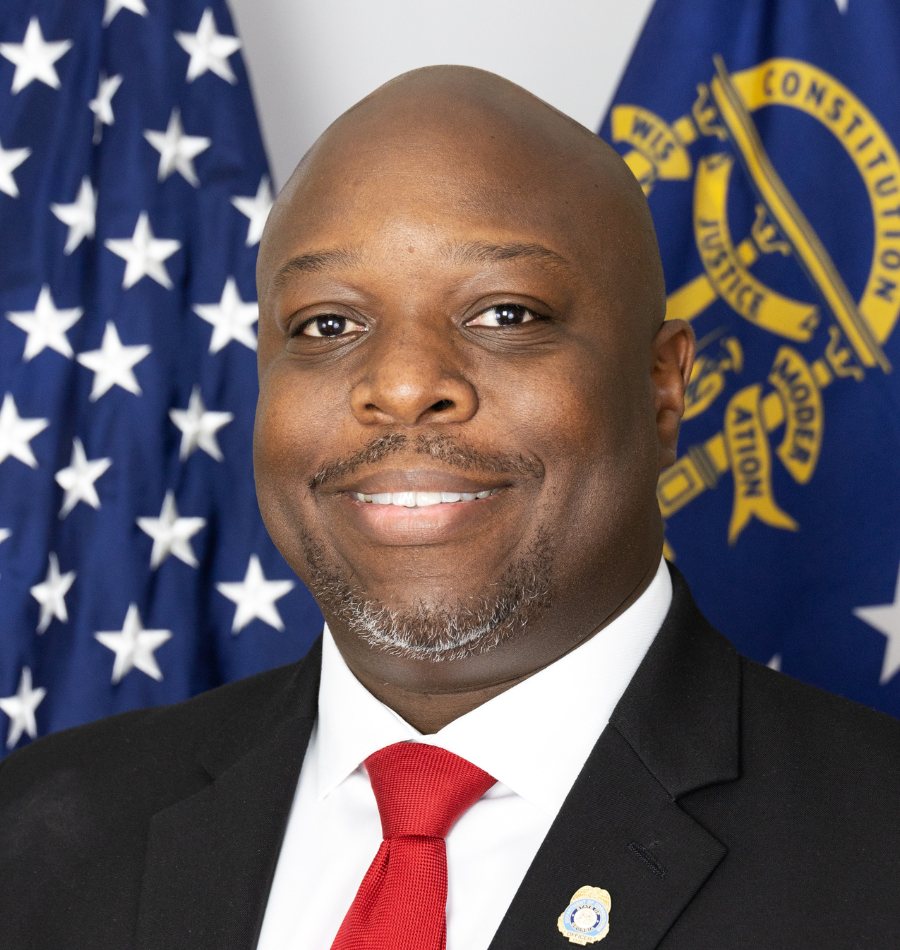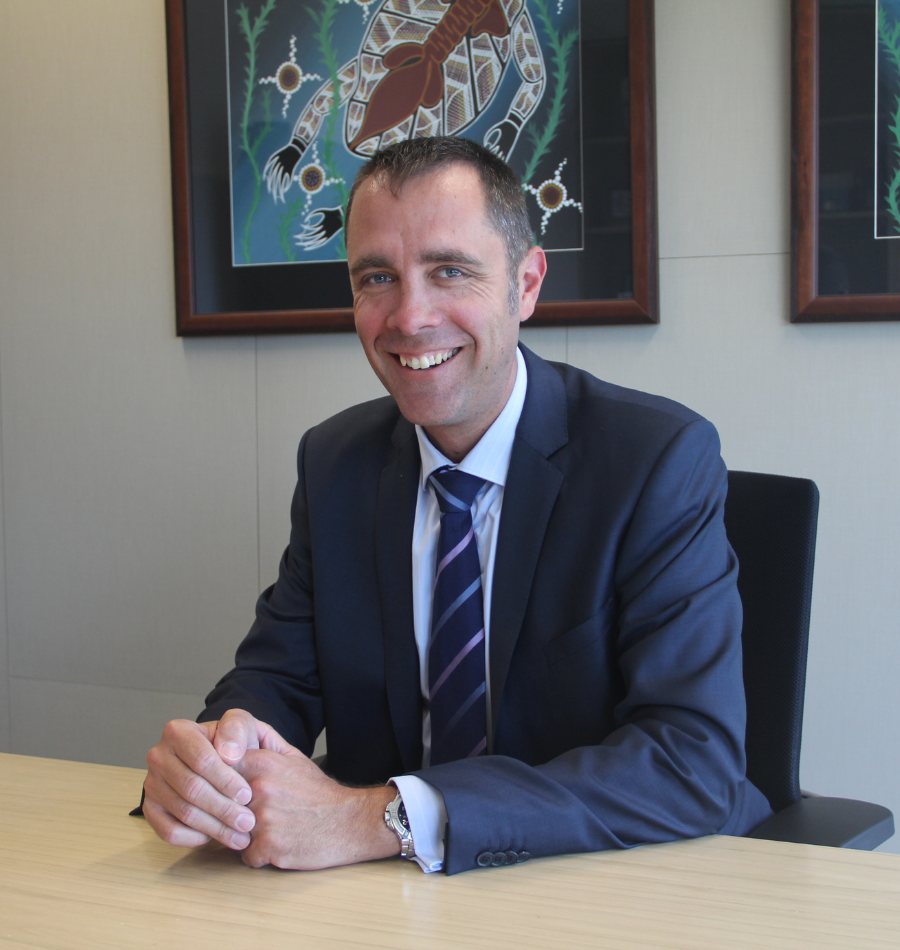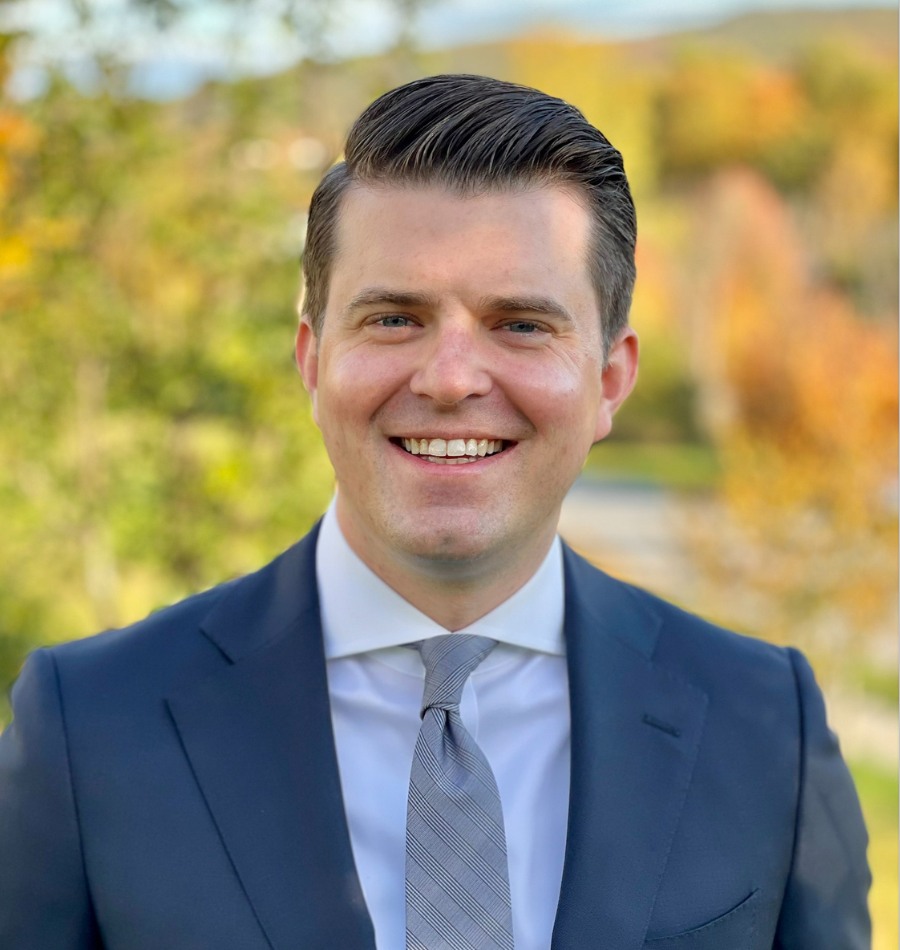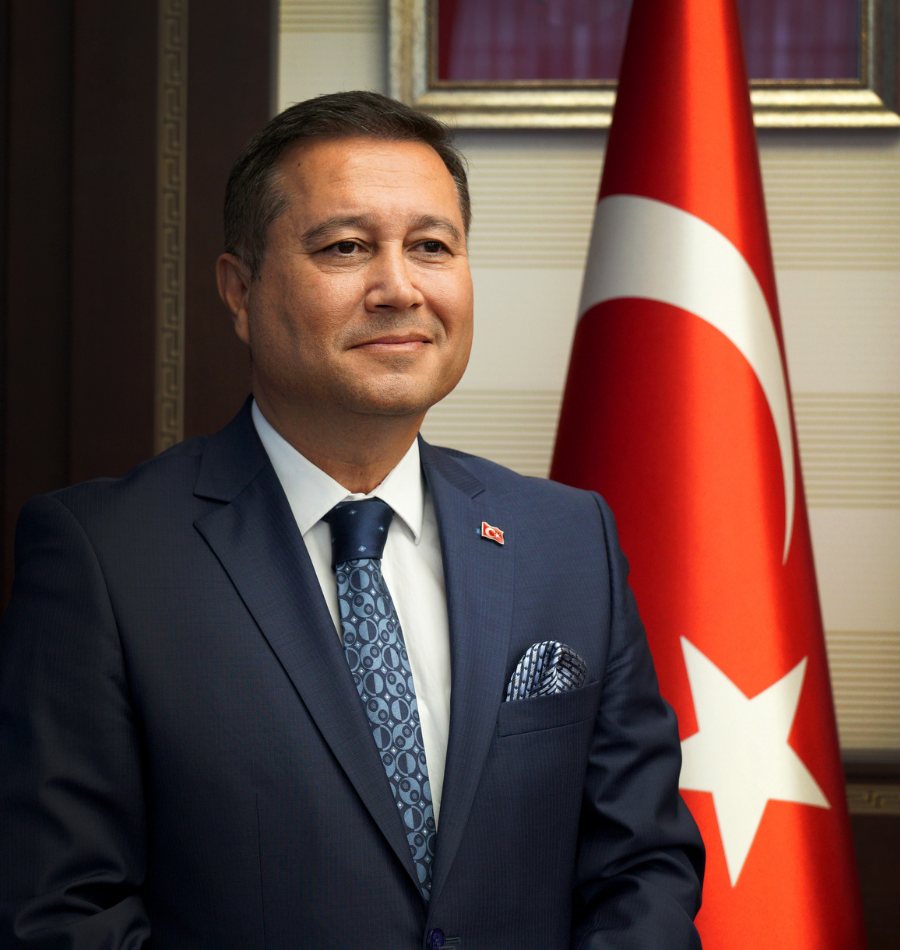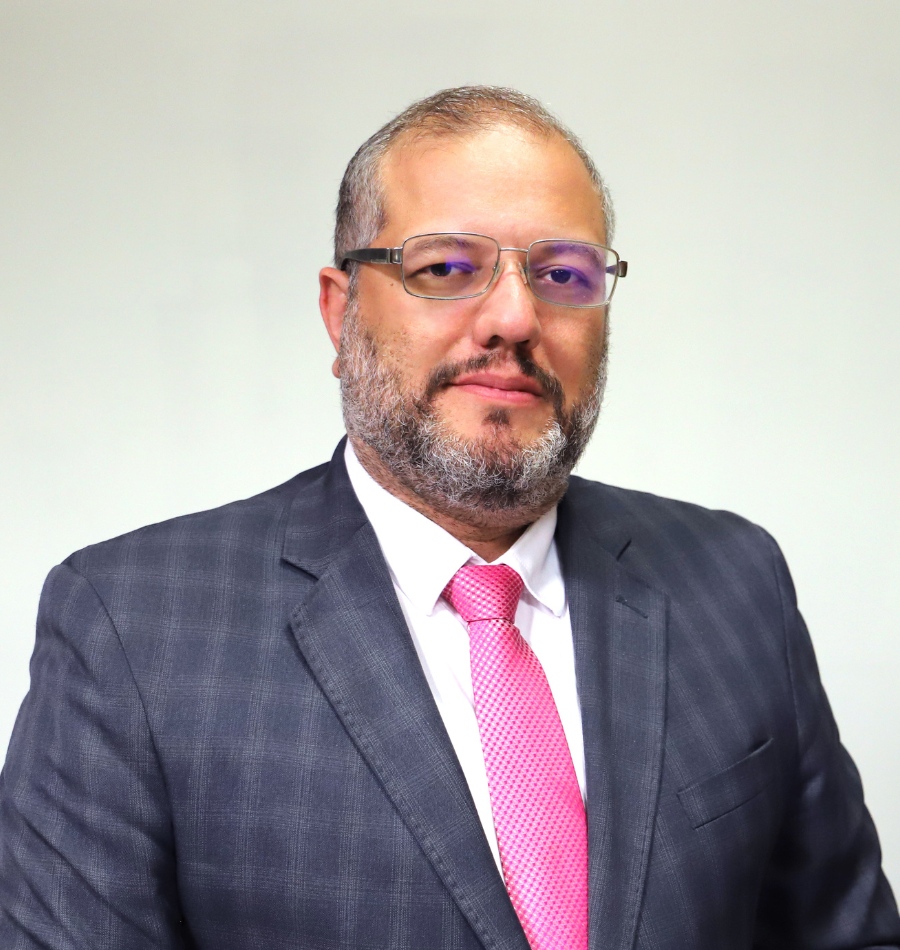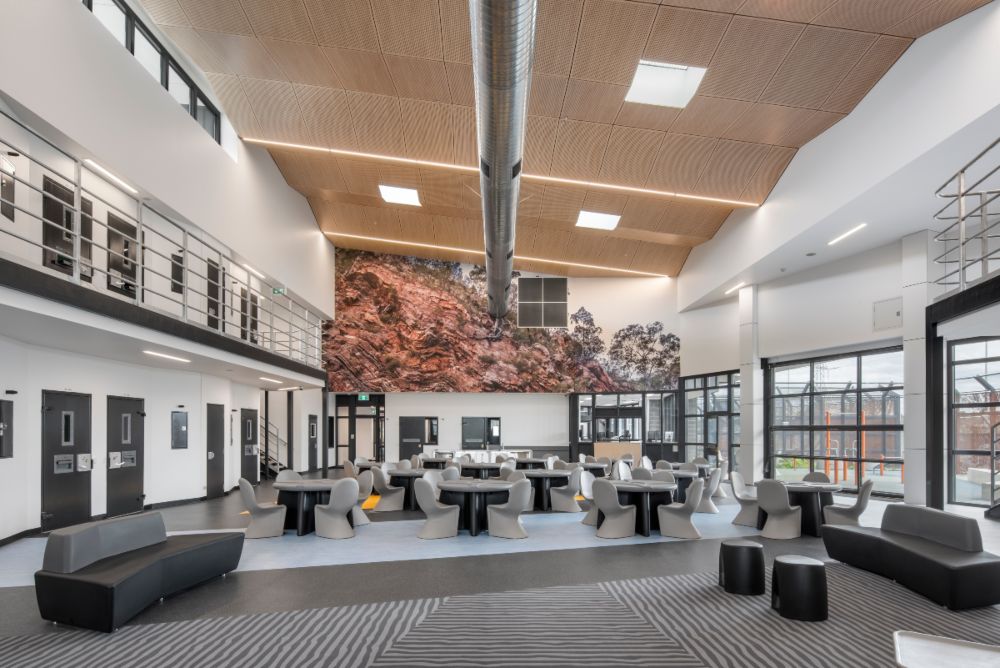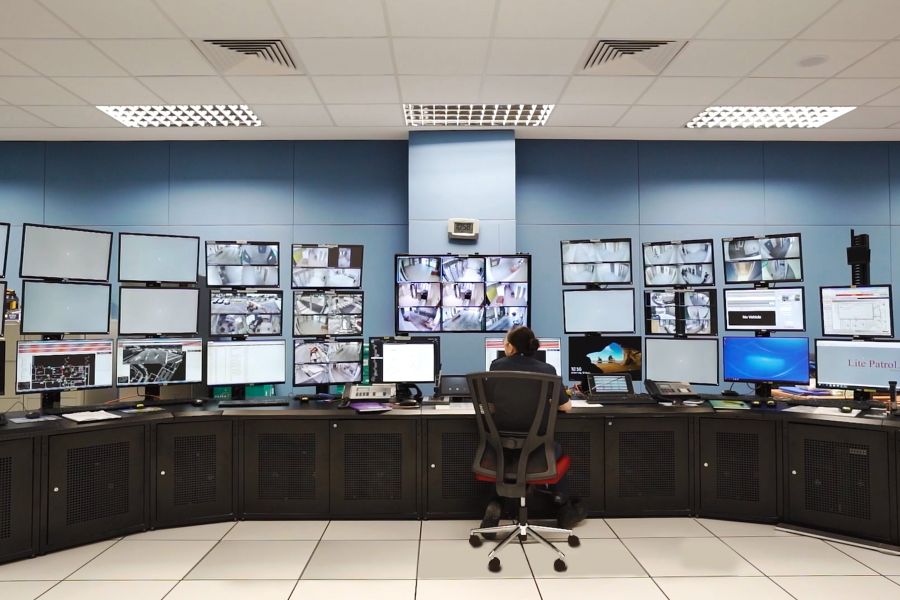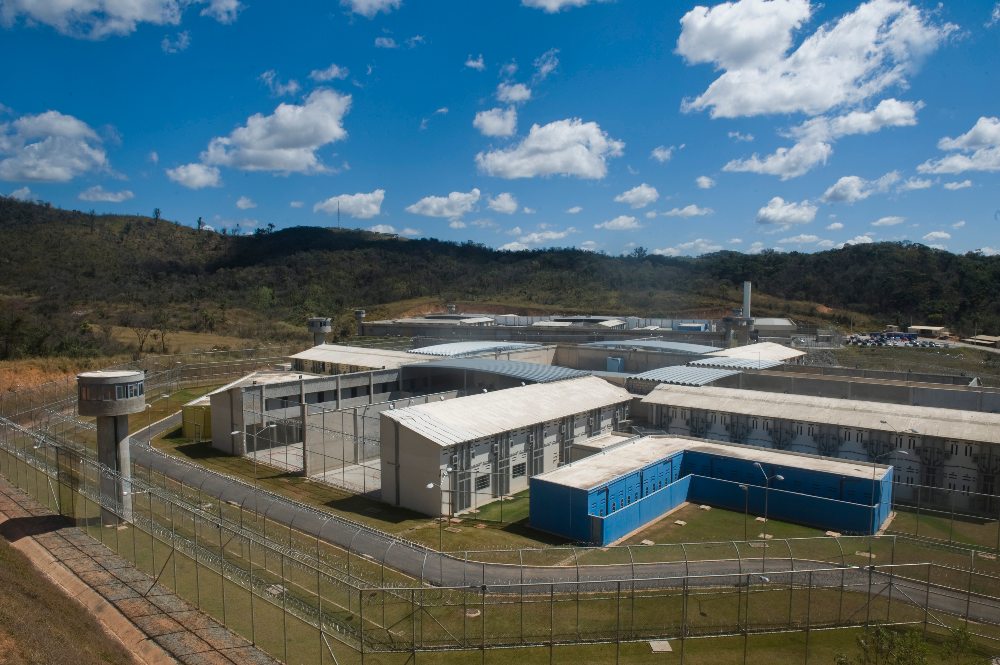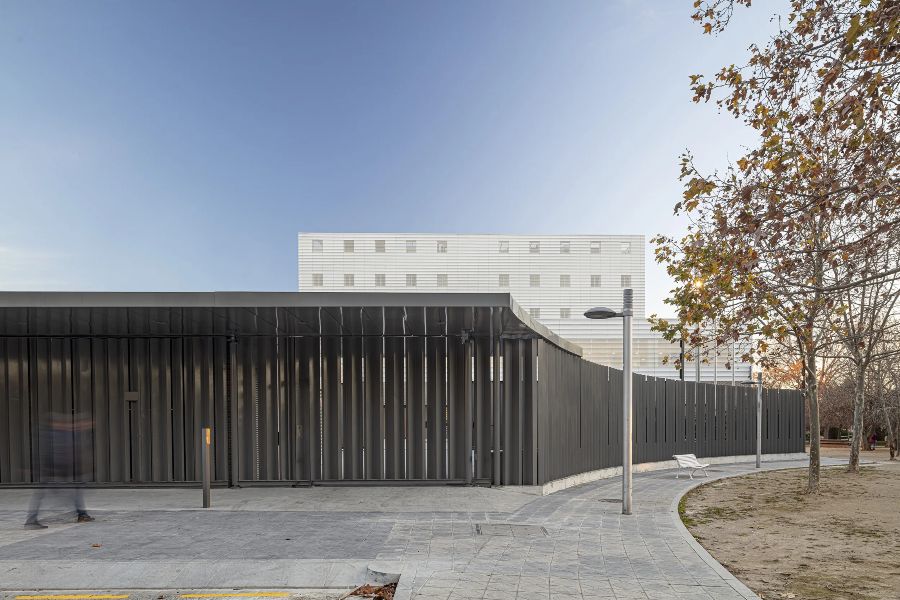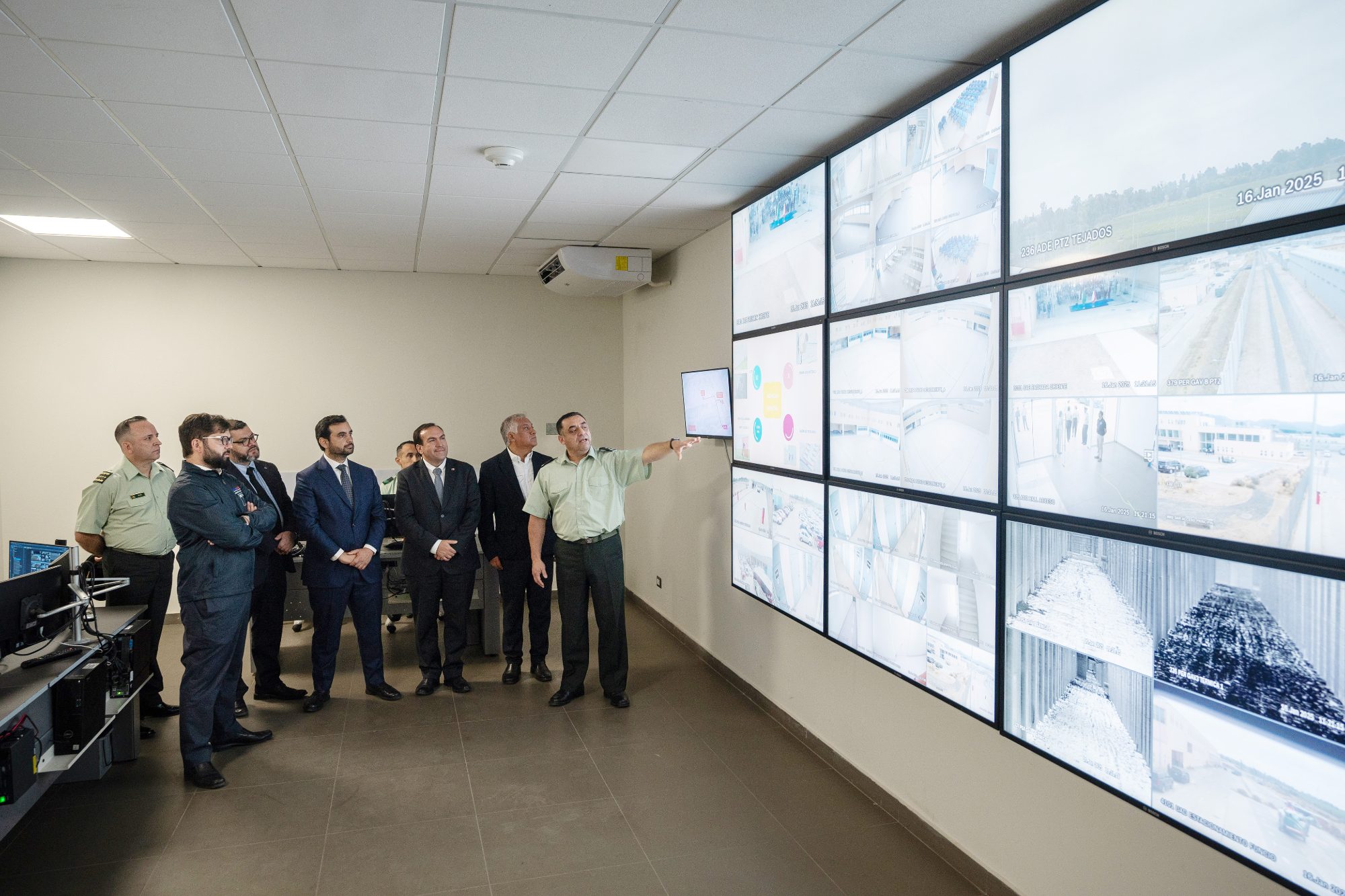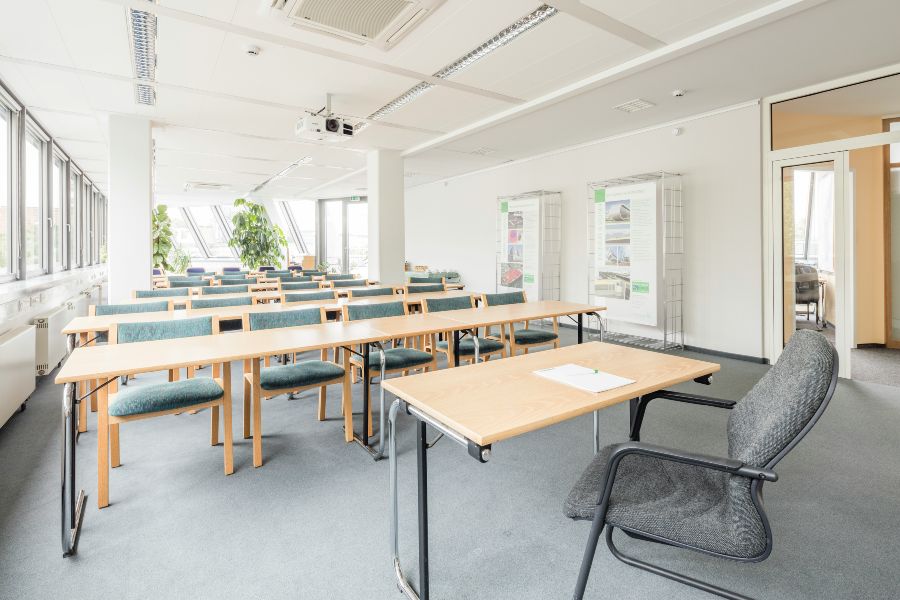Salome Muhia-Beacco, Principal Secretary for the State Department of Correctional Services, Kenya Read More
Heidi Washington, Director of the Michigan Department of Corrections, USA Read More
The detention house project represents a fundamental switch in the Belgian penal landscape. Learn more from two leaders at the front of this project. Read More
James Bonta, Ph.D. (Clinical Psychology), Co-author of “The Psychology of Criminal Conduct” (RNR model), Canada Read More
Discover how the Michigan Department of Corrections fostering long-term success after release through an Vocational Village concept. Read More
Reactive aggression is a common challenge in criminal justice, and VR solutions are emerging as innovative tools for rehabilitation. Read More
Gabriela Slováková, Director-General of the Probation and Mediation Service Czech Republic
Read More
Viorel Sochircă, Director of the National Probation Inspectorate of Moldova Read More
Jessica Borg, Chief Psychologist and Director Programmes at New Zealand's Department of Corrections Read More
Chris Hill, Chief Executive Officer, CORCAN Read More
Sahakarn Petchnarin, Director-General of Thailand’s Department of Corrections Read More
Emma Regan, President of the International Association for Correctional and Forensic Psychology (IACFP) Read More
Toon Molleman, Deputy Director, Division of Prisons and Foreigner Detention, at the Dutch Custodial Institutions Agency, The Netherlands Read More
Ioana Morar, Deputy Director-General, Romanian Prison Administration Read More
Ananda Chalegre, Director-General, Paraná State Penal Police Department, Brazil Read More
Fergus McNeill, Professor of Criminology & Social Work, University of Glasgow, UK Read More
Read about Namibia’s Correctional Service (NCS) partnership with Telio Group to pilot a supervised telephony system at Windhoek Correctional Facility, in this article written by Dave Lageweg from Telio, and Raphael T. Hamunyela, the Commissioner-General of the Namibian Correctional Service. Read More
Rita Alarcão Júdice, Minister of Justice, Portugal Read More
André de Albuquerque Garcia, National Secretary for Penal Policies, Ministry of Justice and Public Security, Brazil Read More
Ángela María Buitrago, Minister of Justice and Law, Colombia Read More
Tyrone Oliver, Commissioner of the Georgia Department of Corrections Read More
David Brown, Chief Executive of the Department for Correctional Services, South Australia Read More
Nicholas Deml, Commissioner of the Vermont Department of Corrections Read More
Dominique Moran, Professor in Carceral Geography in the School of Geography,
Earth and Environmental Sciences at the University of Birmingham Read More
Isabelle Condé, CEO of SGP, Prison Management Solutions Read More
Mathilde Steenbergen, Director-General of the Belgian Prison Service Read More
Enis Yavuz Yıldırım, Director General of Prisons and Detention Houses of Türkiye Read More
Marcus Rito, President of CONSEJ and
Secretary of Justice of Rondonia, Brazil Read More
Evariste Murenzi, Commissioner General, Rwanda Correctional Service, Rwanda Read More
Kim Ekhaugen, Head of International Cooperation in the Directorate of
Norwegian Correctional Service Read More
Uncover how the Nebraska Department of Correctional Services (NDCS) is addressing the challenges of aging prison infrastructure by creating spaces that align with modern correctional practices. Read More
Discover DLR Group’s vision for Nebraska’s new correctional facility, reshaping corrections with a strong emphasis on rehabilitation and successful re-entry. Read More
Discover in this article how the Romanian Penitentiary Administration is modernising the prison system, transforming it into a catalyst for rehabilitation and successful social reintegration. Read More
The design of correctional facilities shapes the daily experiences of both incarcerated individuals and staff, influencing rehabilitation, security, and operational efficiency. Beyond ensuring physical security, well-planned spaces for education, vocational training, and therapeutic programmes encourage engagement in constructive activities, ultimately reducing recidivism. In this edition, we explore how architecture, smart technologies, and alternative financing models are driving the evolution of modern prisons, featuring insights from correctional leaders and experts on creating environments that prioritise safety, rehabilitation, and long-term adaptability. Read More
Find out how the Singapore Prison Service (SPS) is redefining rehabilitation by integrating technology and fostering community partnerships, through its Corrections 2030 framework. Read More
The prison system in Brazil struggles with overcrowding and poor infrastructure. Discover how the Ribeirão das Neves Prison Public-Private Partnership (PPP) is addressing this through an innovative approach. Read More
The location and design of penitentiary facilities shape rehabilitation and reintegration. Learn how the Catalan system incorporates these elements to support successful societal reintegration. Read More
In this article, learn how Chile’s Ministry of Justice and Human Rights' new Prison Policy strengthens the prison system through four pillars: reintegration, security, staff, and infrastructure. Read More
Explore advancements in prison design and the psychological impact of enhanced prison environments through the perspective of international stakeholders in the penitentiary sector. Read More
Examine the challenges and potential future developments in correctional infrastructure, gaining insights from international stakeholders in the penitentiary sector. Read More

